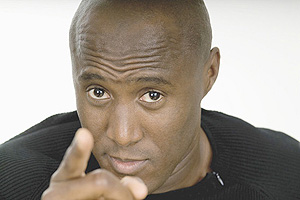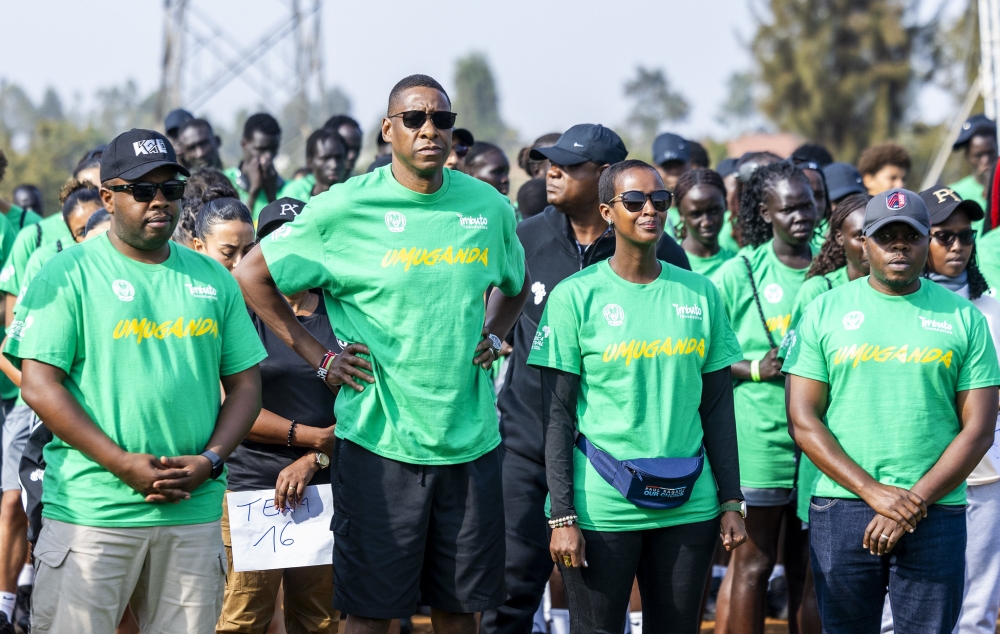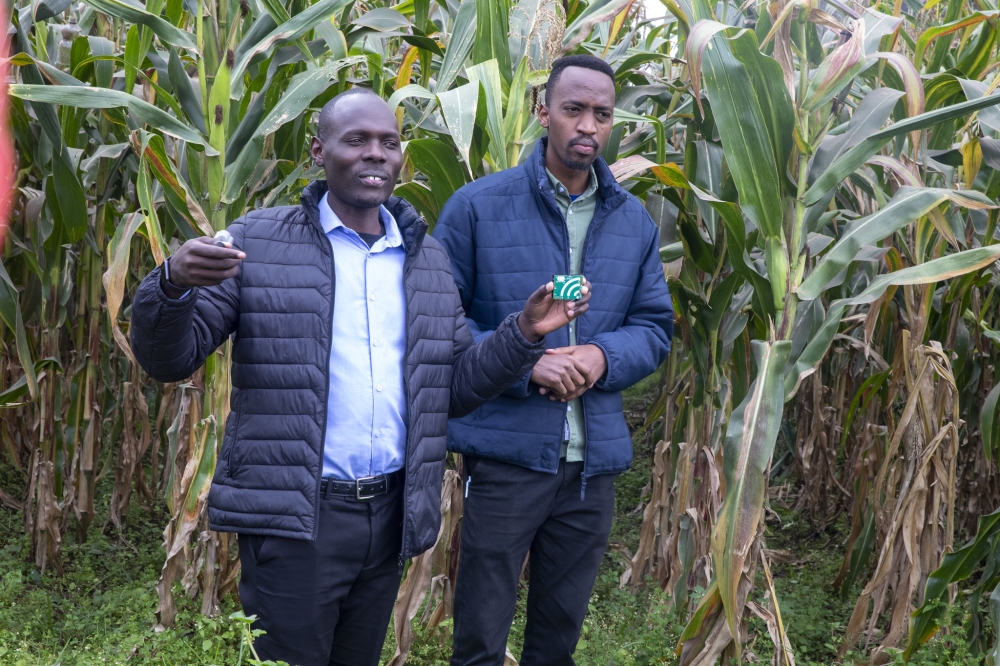We are often critical of others when something goes wrong and are neither supportive. We should always be polite enough to correct a friend or colleague when they make a mistake. When your friend makes a mistake, critiquing is not the solution. Criticising certainly is not only about screaming and raising dust in a quarrel; it can as well be laughing off a situation of anyone’s wrong.


We are often critical of others when something goes wrong and are neither supportive.
We should always be polite enough to correct a friend or colleague when they make a mistake. When your friend makes a mistake, critiquing is not the solution. Criticising certainly is not only about screaming and raising dust in a quarrel; it can as well be laughing off a situation of anyone’s wrong.
The other day as I walked home, I overheard two gentlemen argue behind me. One had said, "My braza is tallu thani me” and the other laughed so hard at him and replied, "You are so local, you don’t know English. How can you say braza?”
My judgement is that this guy was neither local nor so poor at English. In my view he sounded like a Francophone trying to change his language to English a little bit. But what did he get for making a minor mistake—criticized. If his colleague had corrected his English, perhaps he would have improved his spoken English language.
I like to believe in the saying "no man is an island” because anybody can make a mistake and we are all imperfect.
Through politely correcting a mistake, you help someone not repeat it. Corrections should not place someone on the defensive like criticisms do. Besides helping someone to acquire knowledge, correction builds new grounds for friendship.






